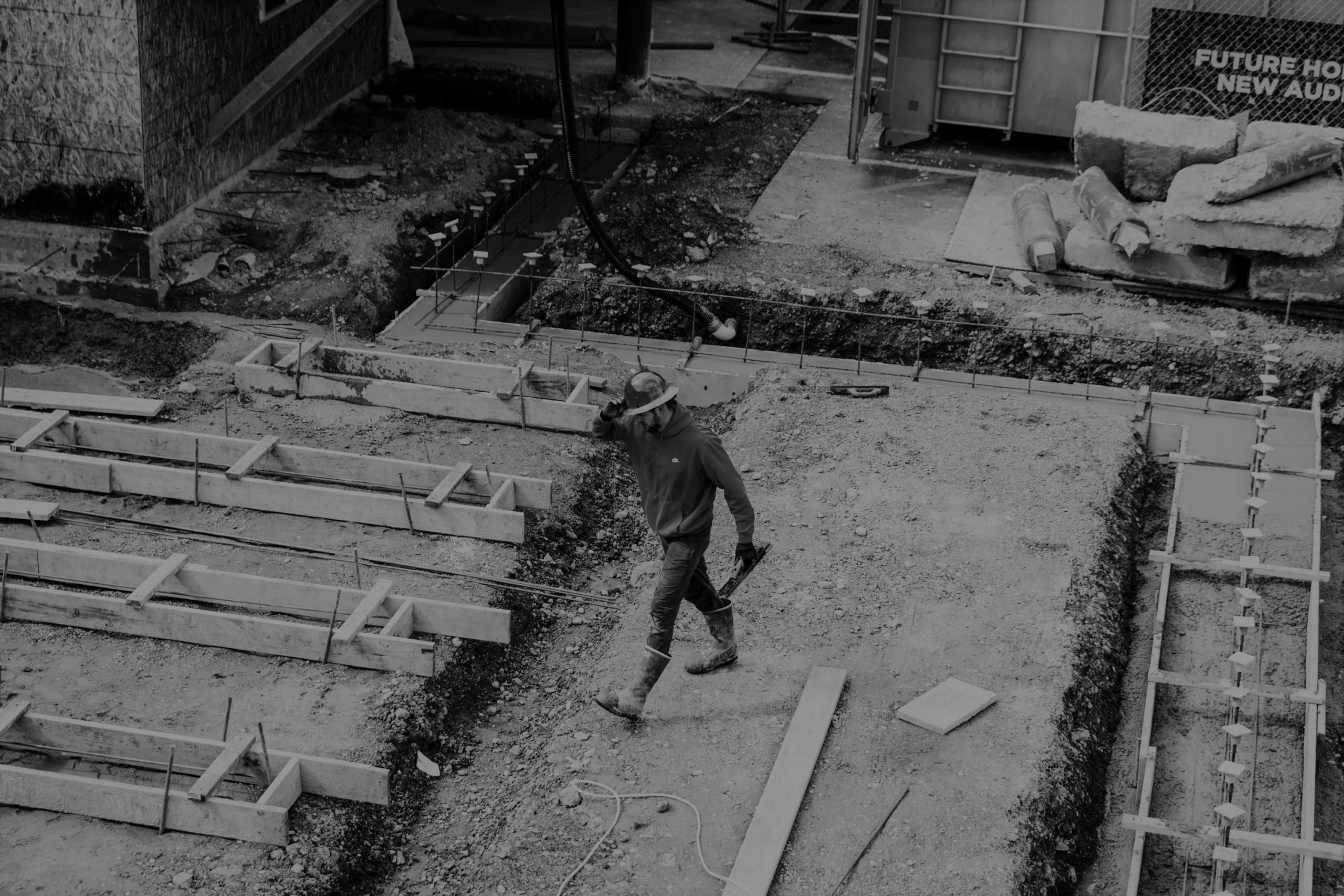Virginia Puts More Liability on General Contractors

Over the last few years, Virginia has enacted legislation designed to shift risk and cost from subcontractors to prime contractors on public and private contracts. 2023 will see the end of contingent payment clauses, adding to prime contractors’ responsibility to ensure payment to subcontractors’ employees.
Pay-if-Paid Not Long for the Commonwealth
Beginning on January 1, 2023, Virginia will join New York and a minority of other states in banning “pay-if-paid” construction contract provisions outright. Senate Bill 550, signed by Gov. Youngkin in April, expressly forbids pay-if-paid provisions in both public and private construction projects. SB 550 modifies Virginia Code Sections 2.2-4354 and 11-4.6 for public and private projects respectively.
Under any Virginia construction contract entered into on the first of the year or later, contractors of any tier must pay their subcontractors not later than the earlier of (a) sixty days after satisfactory completion of the work subject to the invoice, or (b) seven days after receipt of payment from the owner. An owner, in turn, must make payment to its contractor(s) within sixty days of receipt of an invoice following substantial completion of the invoiced-for work. The new Virginia law does not carve out an exception for the owner in the event that a lender fails to fund its payments for the project. Receipt of payment from a higher-tier entity (ex: owner payment to prime contractor) as a condition precedent to payment of a lower-tier entity is expressly forbidden under the new law. However, one exception is included: if the paying party is a bankruptcy debtor or insolvent.
The law does permit owners and superior contractors to withhold for a good faith assessment that the contractor or subcontractor failed to properly perform or otherwise breached the terms of the applicable contract. In such case, the paying entity must provide written notice of such withholding with reasonable specificity. The law does not, however, require that the notice be delivered by any particular date – other than before payment is due.
Contractors Remain Liable for Subcontractor Salaries
With the amendment to Section 11-4.6 of the Code of Virginia, contractors retain the obligation to ensure payment to individuals performing work on a project through a subcontractor. Any construction contract entered into on or after July 1, 2020, is understood to have a provision which requires that each contractor of any tier that has a lower-tier contractor shall be responsible for, concurrently with the direct employer, full and proper payment of wages payable to the employees of the lower-tier contractor.
Notably, though it is likely an oversight, the text of the law does not necessarily limit liability of the higher tier contractor only to employees who actually perform work on the project in question. While it is unlikely that an individual who worked only on another project could seek out payment from a superior contractor on a particular project, that remains a possibility under the current text.
General contractors not only have liability down the chain of subcontractors, but they are, in one of the most expansive statutes of this nature, deemed to be the employer of a subcontractor’s (of any tier) employees. This exposes the general contractor to liability for all penalties, civil or criminal, which apply to an employer who fails or refuses to pay wages under applicable Virginia law.
The text does provide for the subcontractor to indemnify the general contractor for losses and costs incurred as a result of subcontractor’s non-payment, provided that the non-payment did not result from the general contractor’s failure to pay the sub. However, this can be contracted around, and an indemnity provision is only worth the actual money available to be paid on demand; if the money intended for employee wages and benefits has been misappropriated, the general contractor remains responsible with no real recourse.
However, not all projects are subject to these payment requirements. For a project to be subject to the obligations of this section, (a) it must be demonstrated that the general contractor knew or should have known that the subcontractor was not making proper payment of wages; (b) the construction contract is related to a project other than a single-family residential project; and (c) the value of the project, or an aggregate of projects under one construction contract, is greater than $500,000.
No aspect of this advertisement has been approved by the highest court in any state.
Results may vary depending on your particular facts and legal circumstances.
As the law continues to evolve on these matters, please note that this article is current as of date and time of publication and may not reflect subsequent developments. The content and interpretation of the issues addressed herein is subject to change. Cole Schotz P.C. disclaims any and all liability with respect to actions taken or not taken based on any or all of the contents of this publication to the fullest extent permitted by law. This is for general informational purposes and does not constitute legal advice or create an attorney-client relationship. Do not act or refrain from acting upon the information contained in this publication without obtaining legal, financial and tax advice. For further information, please do not hesitate to reach out to your firm contact or to any of the attorneys listed in this publication.
Join Our Mailing List
Stay up to date with the latest insights, events, and more




